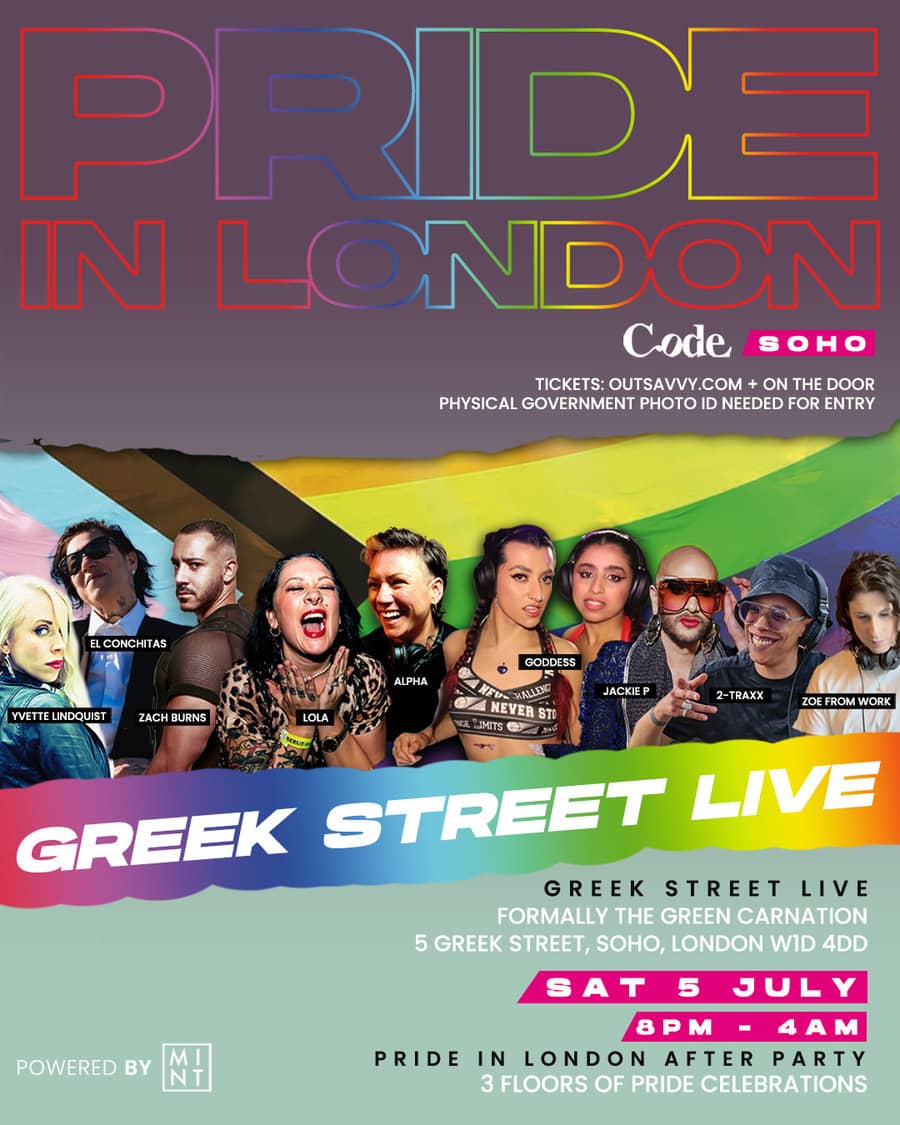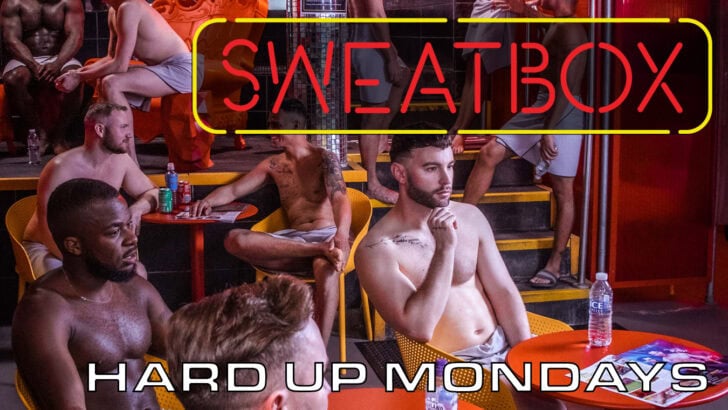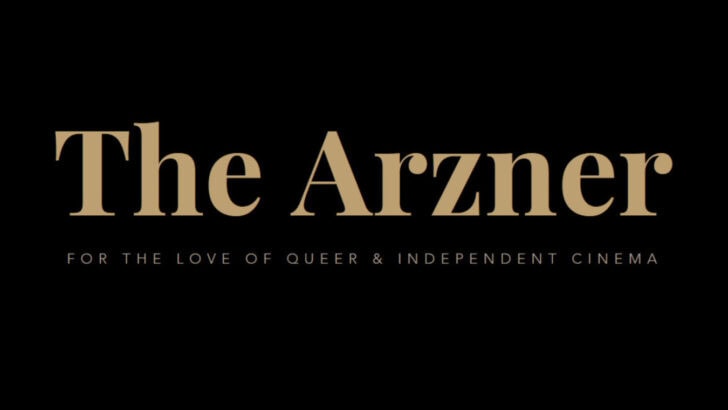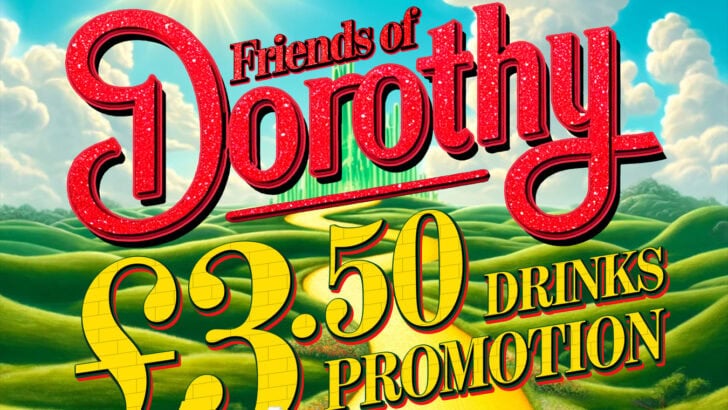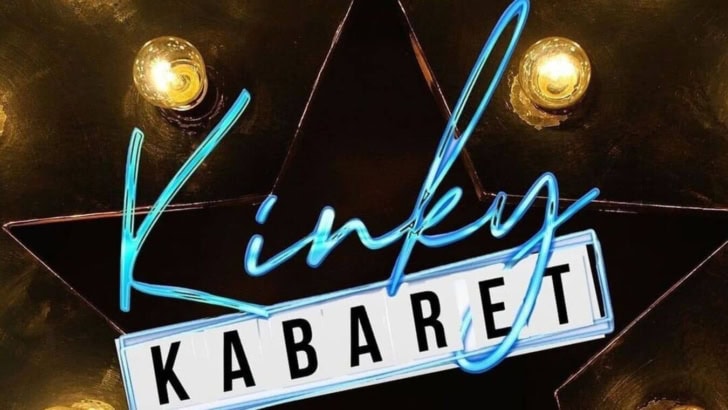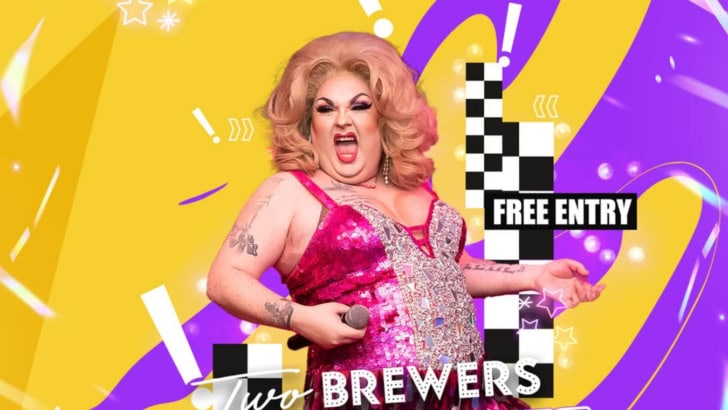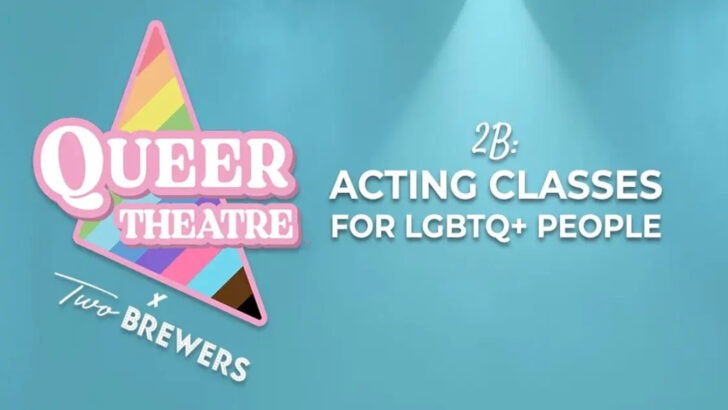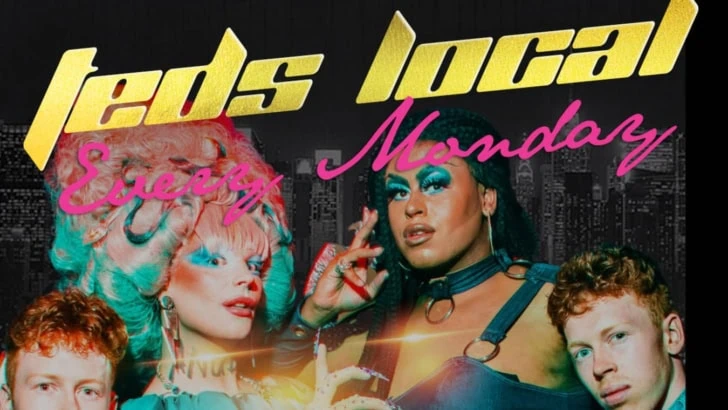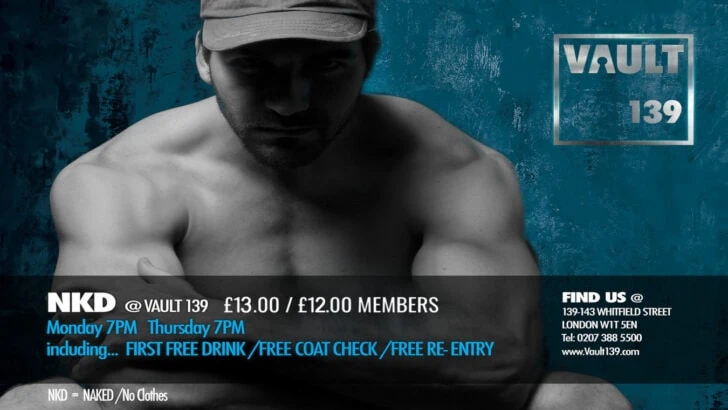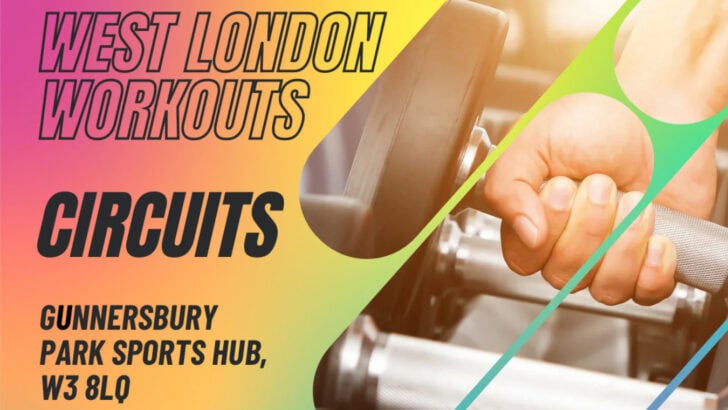Why do we permit a culture of groping on the gay scene?
By Patrick Cash
Gay US magazine The Advocate published photos from last month’s Miami Beach Pride, saying that Number 13 had caused a stir. Straight American television star Mario Lopez was groping another guy’s ass. The tagline for the photo breathlessly reads: “Mario Lopez got into the spirit of the day… Saying he couldn’t help himself!”
Woah there, nelly. Back up.
Firstly, there’s no indication of consent. If Lopez had grabbed a woman’s ass non-consensually and then shrugged “I couldn’t help myself”, the MailOnline would be all over it. The image would be retweeted worldwide; furious op-eds demanding apologies would be spewed. Lopez would be on a par with Robin Thicke in terms of feminist popularity.
But what’s more intriguing is The Advocate’s none-the-fuck-fussed assessment. Groping, by their own words, is “the spirit of the day” – a day that just happens to be called Pride. Pride, a celebration of gay liberation. I suspect Miami Beach Pride may not have Stonewall ‘69 as number one priority on its reasons for existing, but it’s still a strange conflation: gay male freedom is a freedom to grab.
“I have a twin brother who’s straight and he came with me one night to a London gay bar,” says Scott Westron, who often enjoys the gay scene in Soho. “Somebody came up to me, an older gentleman: a hand straight on my cock. My brother was silent but you could see he was very angry. I thought he was going to punch him. I said: “Oi! Off!” And then the guy came back and did it again! At that point I thought I was going to punch him.
“Afterwards my brother said, ‘Why didn’t you lay into him more? You seemed a bit too calm. Is that normal?’ While it’s not normal, but it’s become a norm. If that was my sister in a bar and somebody came up and put their hand on her vagina, the police would be called. But when talking about [my incident], the first thing that everybody says is: ‘Oh well, it’s a gay bar.’ Whereas women through feminism have said ‘we should be treated better’, gay men haven’t.”
According to the Met Police website, “a person commits sexual assault if they intentionally touch another person, the touching is sexual and the person does not consent.” In these terms, I’ve definitely been assaulted in bars myself. Two weeks ago I was chatting to a friend who worked behind a bar. I had to lean forward to hear him over the pumping pop. Evidently the resultant position was provocative enough to quickly constitute ‘consent’ from a drunken neighbour for a full-on ass grope.
I turned around, put a hand out between us and said, “No, thanks”.
As I resumed my conversation, the groping immediately began again.
I was angrier, and pushed him away from me. “I said, no.”
He gave me a look that was genuinely pained. As if I had no right to spoil his fun and protect my own body. Yet until I came to write this article I didn’t consider the incident’s wider connotations. It was just being out on the gay scene.
“I think the lax attitude comes from gay shame,” says performance artist Pretty Miss Cairo, who intertwines issues of consent into some of her work. “When we enter a ‘gay club’ we become ‘our authentic selves’ or a version of that. We enter a playground of allowing our repressed feelings of attraction and blurt them out with hands and eyes over everything we can see. In that moment, we forget how uncomfortable others can make us feel and have a sense of privilege.
“This lack of respect does come from one’s [own] self-respect and self-worth. If you don’t feel worthy enough to be loved or be intimate, you disengage. I’m all up for self-expression, I’m all up for getting sexy in clubs, I’m all up for one-night-stands and filling the void, but you need to know where it’s coming from. When you don’t, you’re lost. When you’re lost you lash out or cling to whatever’s nearest.”
Cairo’s theories align with current scientific research regarding the psychological effects of being gay in a straight man’s world.
“People often assume that individuals with a concealable stigma (like being gay) escape much of the prejudice and discrimination faced by visibly stigmatised groups (ethnic minorities or women) because they can hide their identities,” says Dr Qazi Rahman, Institute of Psychiatry, King’s College London. “But in fact, concealing an identity results in considerable distress about being found out, being detached from one’s true social identity which impairs self-esteem, and having to make constant decisions to disclose one’s status.”
The feeling of sexual availability as release is ubiquitously peddled on the scene. If there’s one thing gay bars know how to do, it’s glorify the male body. There are pretty, semi-nude boys behind the bar, on the walls and in the magazines. Close-ups of Andrew Christian models’ bulges and ass shots thrust from the screens. It’s a sexually charged candy shop that screams: ‘lick me!’
“I’m all up for getting sexy in clubs, I’m all up for one-night-stands and filling the void, but you need to know where it’s coming from.”
But then the other men are obectifying you, too. We’re not only stripping each other in our heads, but also of emotional investment. Writing this piece has made me consider my own behaviour as a perpetrator. I’ve never grabbed anyone’s crotch but ass-slapping has long been a way of saying hello to my gay friends, in a manner it could never be to, say, my mum’s Bridge friends. In a manner that’s different from hugging: because an embrace is shared as equals, whereas an ass-slap implies ownership. Equally, I have to consider the impression of gay culture I’m giving to younger guys who witness my actions.
“I sometimes think back to my 18-year-old self, who used the touches of strangers as affirmation; to validate my fragile gay identity,” says actor Rich Watkins, 25. “Seven years later and the touches often still happen. These days, however, I’ve – finally – learnt how to say no. Just remember that the young boy whose bum you squeeze might be feeling a bit insecure and out-of-his-depth, and that a genuine ‘hello’ would give him so much more than a grope.”
My housemate is blonde and pretty. She complained to the council last month for being verbally harassed by a male worker. It wasn’t so much her upset about the incident itself, but it was her standing up to the culture it perpetuated; that it’s not fine for guys to do that to women on the street. Because the “harmless” acts may pave a path to actual harm. Some of the darkest stories on our own gay scene – of guys overdosing on drugs and waking up being raped – might find their sources in our casual attitudes towards each other’s bodies.
For Scott, Cairo and Rich, the solution is all the same: dialogue. Scott upbraided his assailant when he saw him again in the same bar. The guy was astonished and hadn’t thought he’d done anything wrong. “Treat others how you want to be treated, you are an advertisement to the world,” says Cairo. “People have genuinely realised groping me is wrong and apologised enough times to make me continue being fearless about how I let the world engage with me.”
We can show the world our worth at Pride, but we can also begin showing ourselves with our speech and actions. We just need, as Erasure once said, a little respect.
